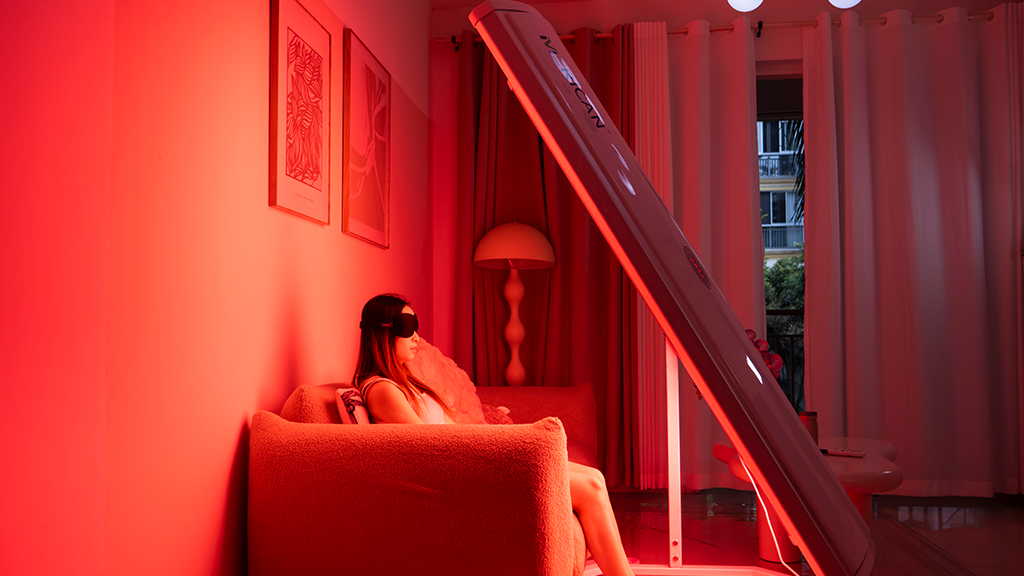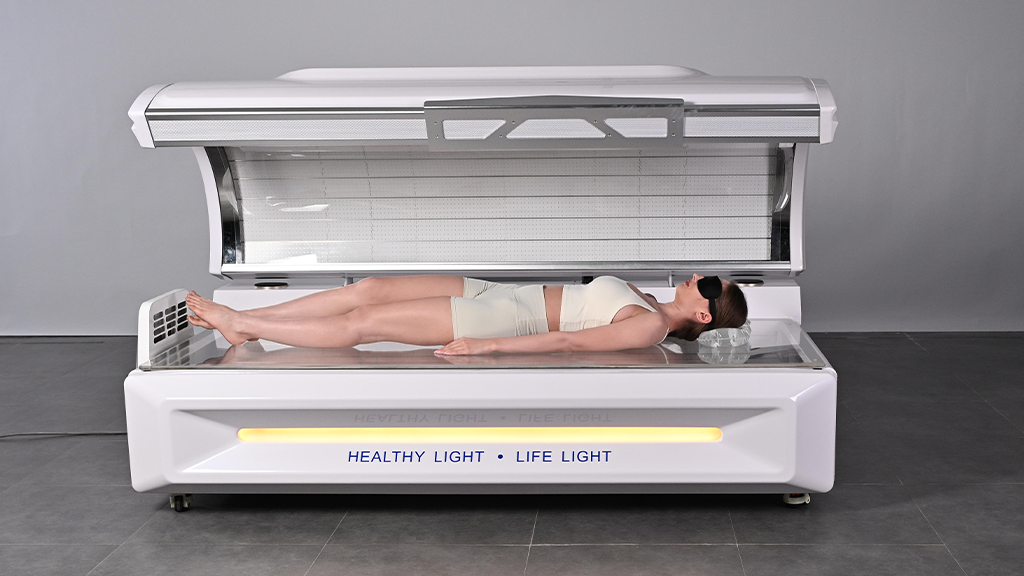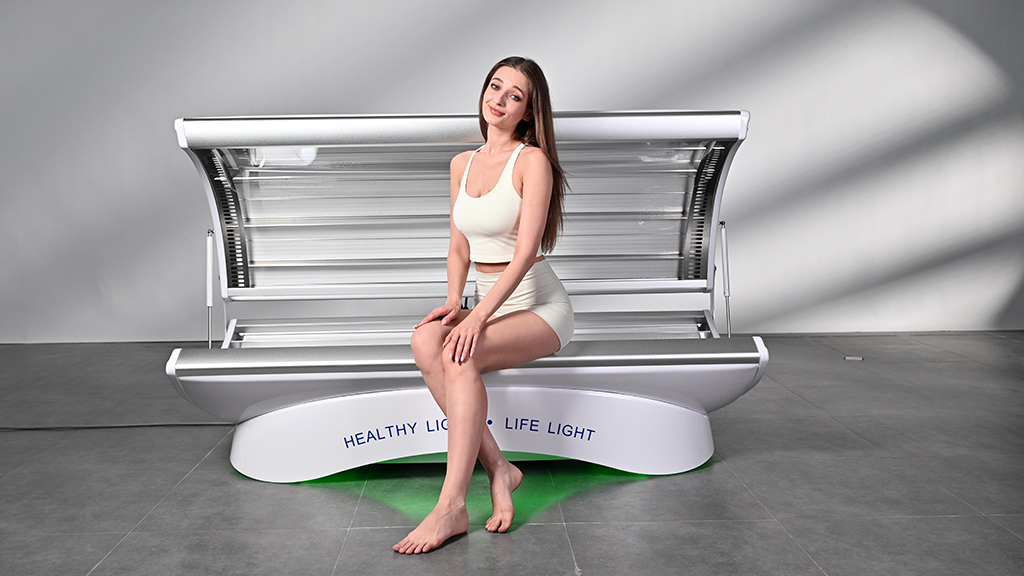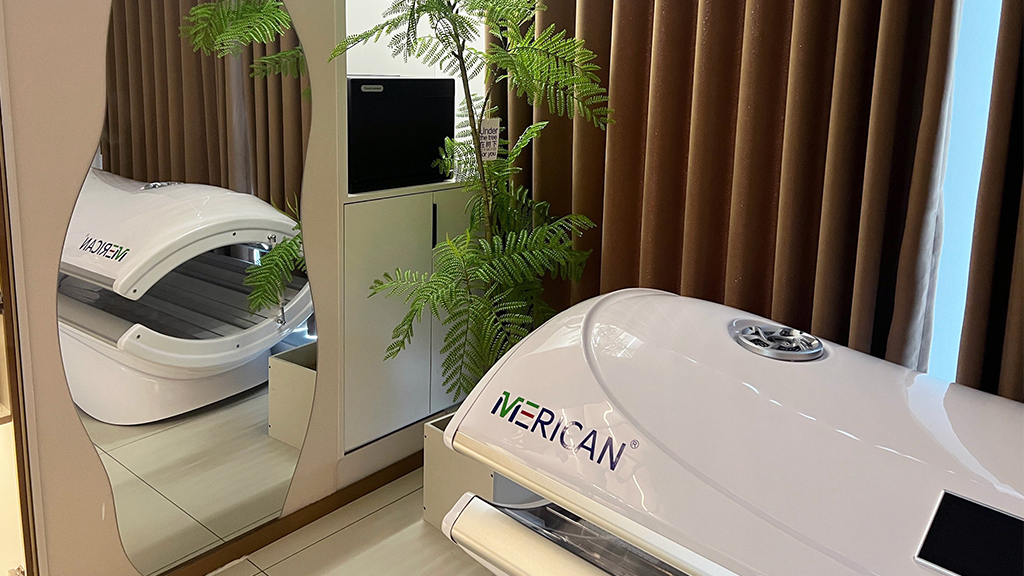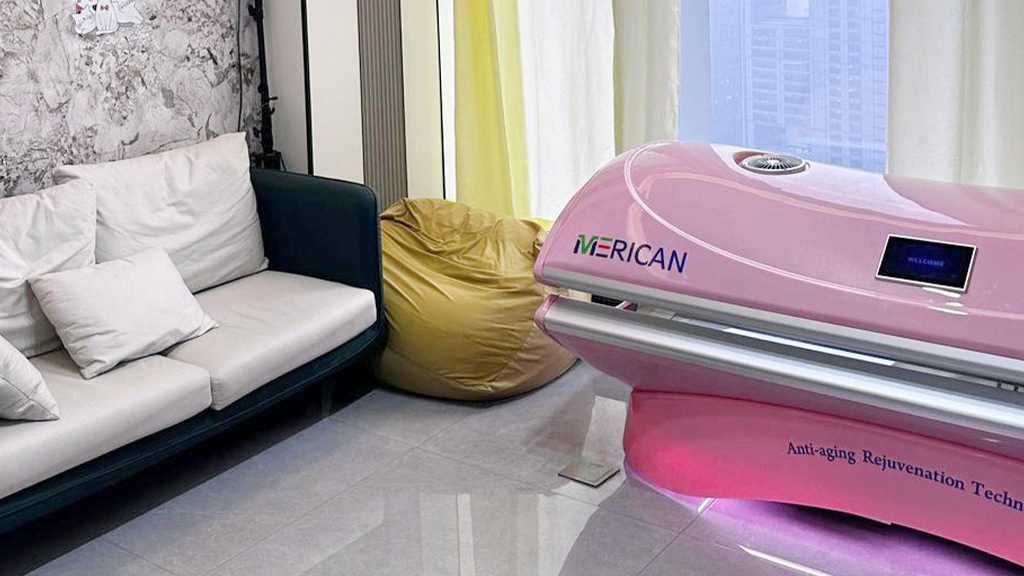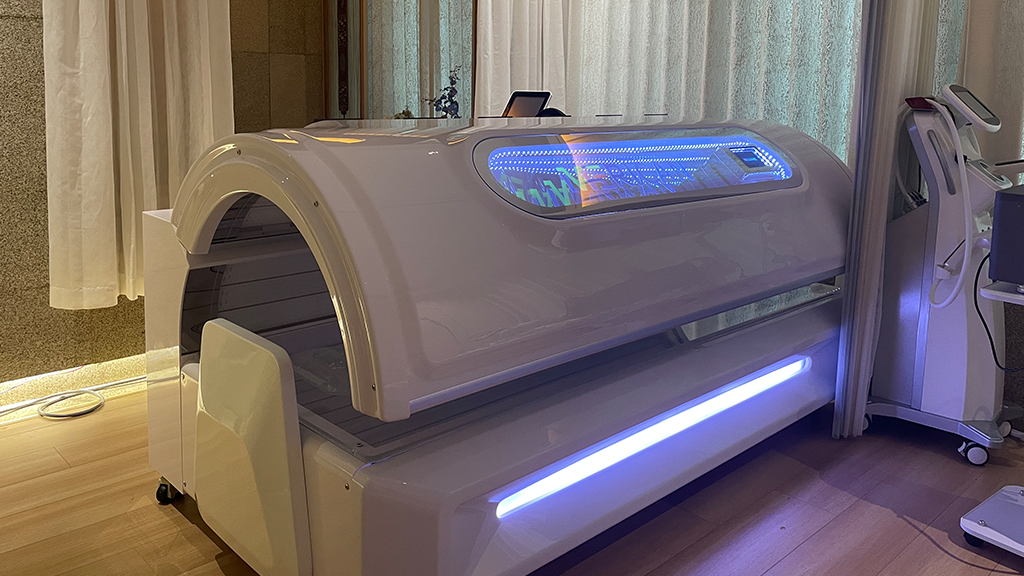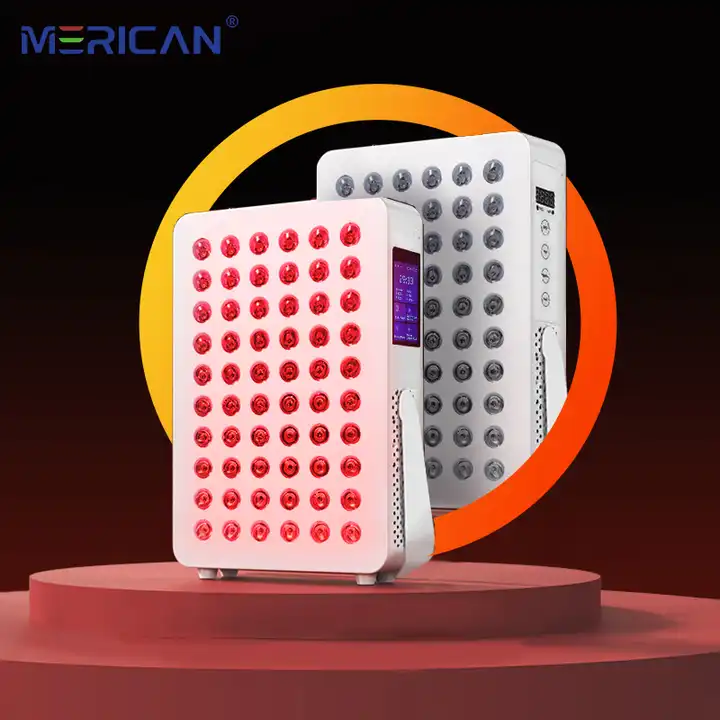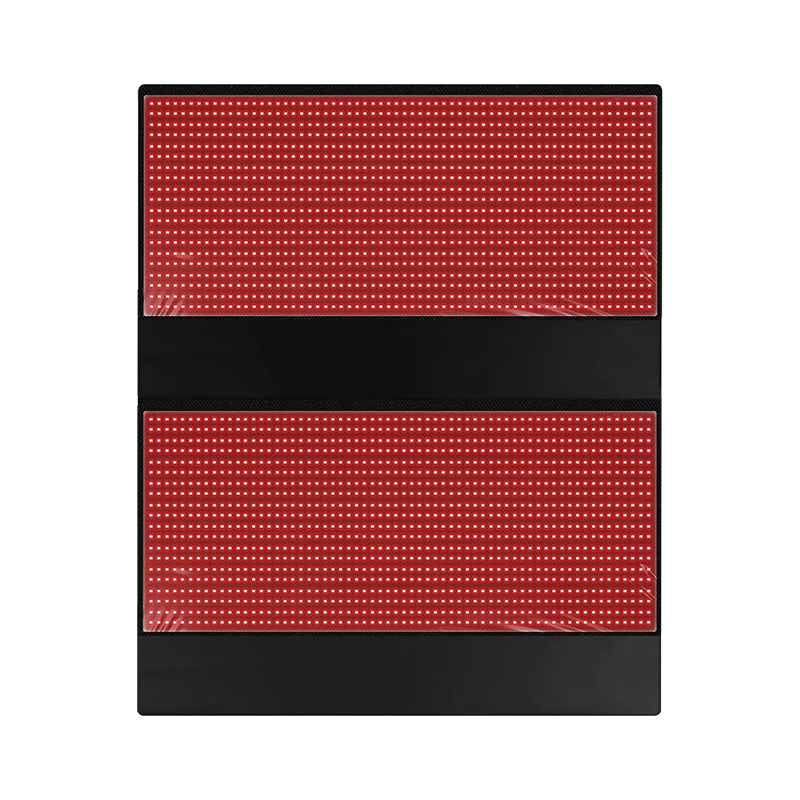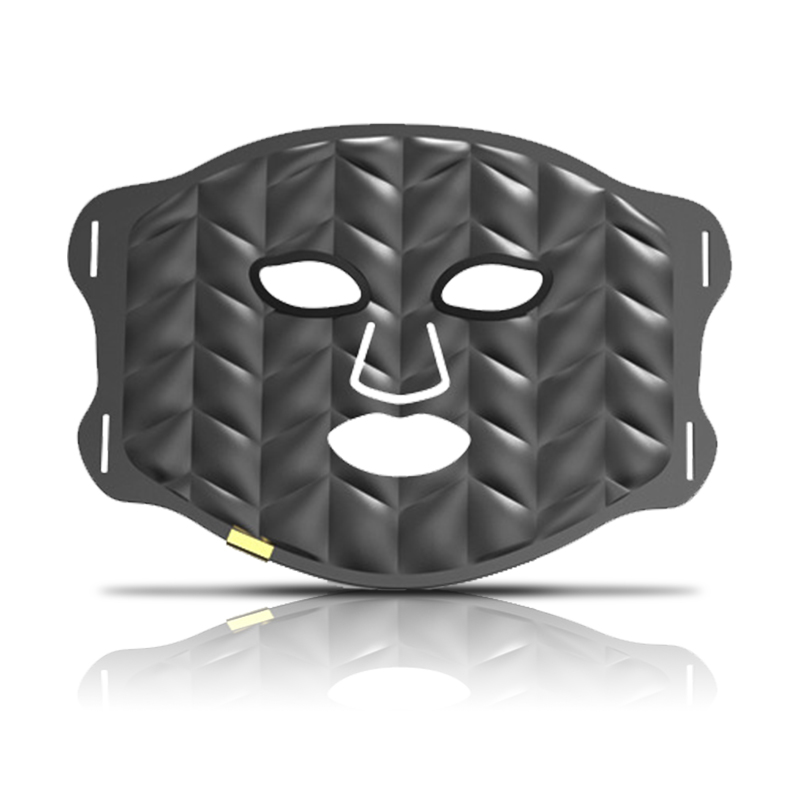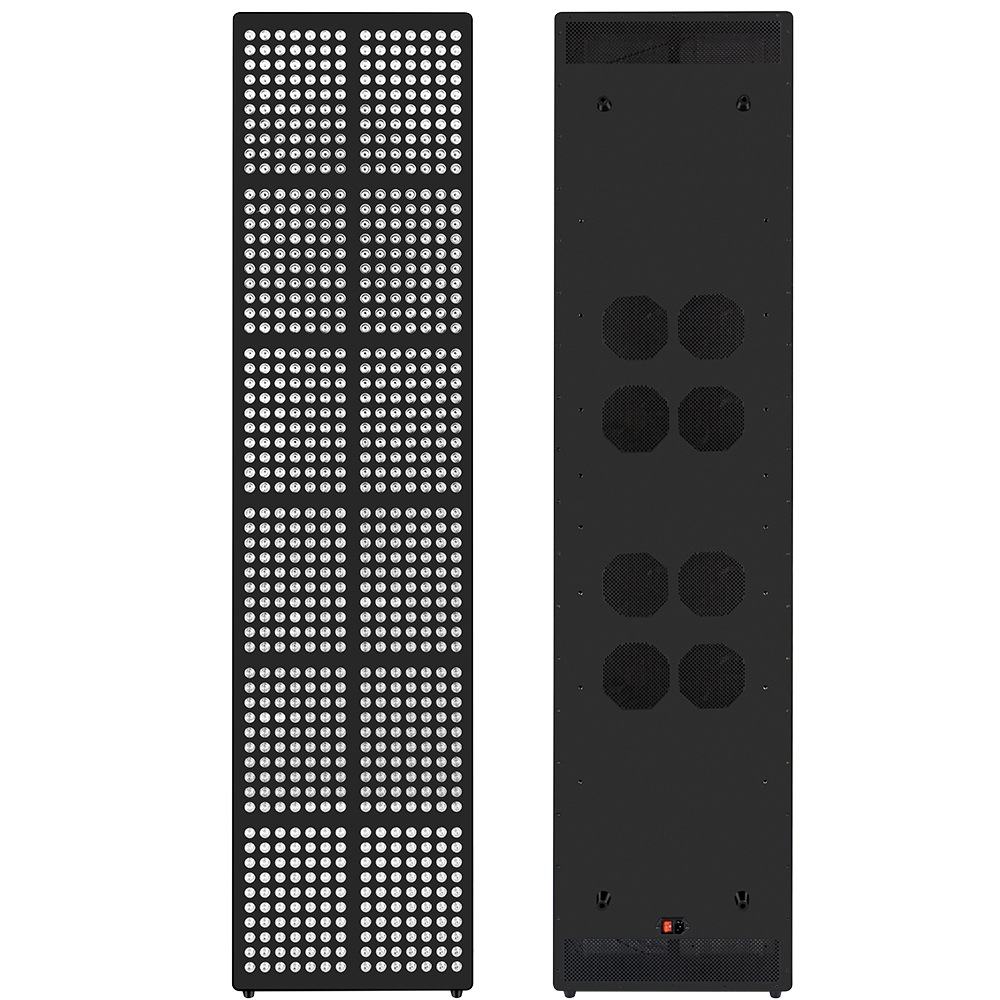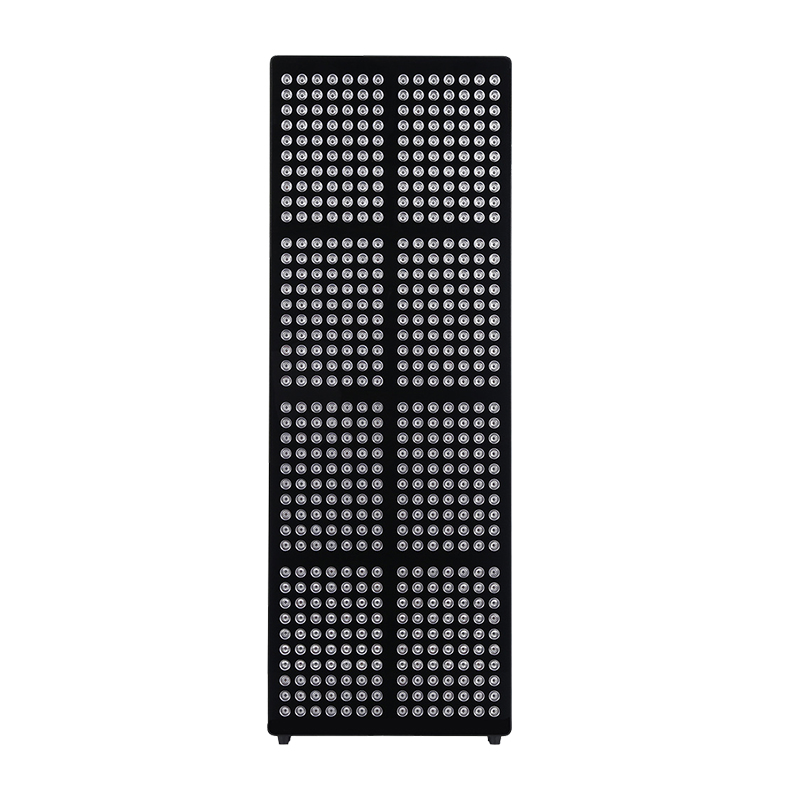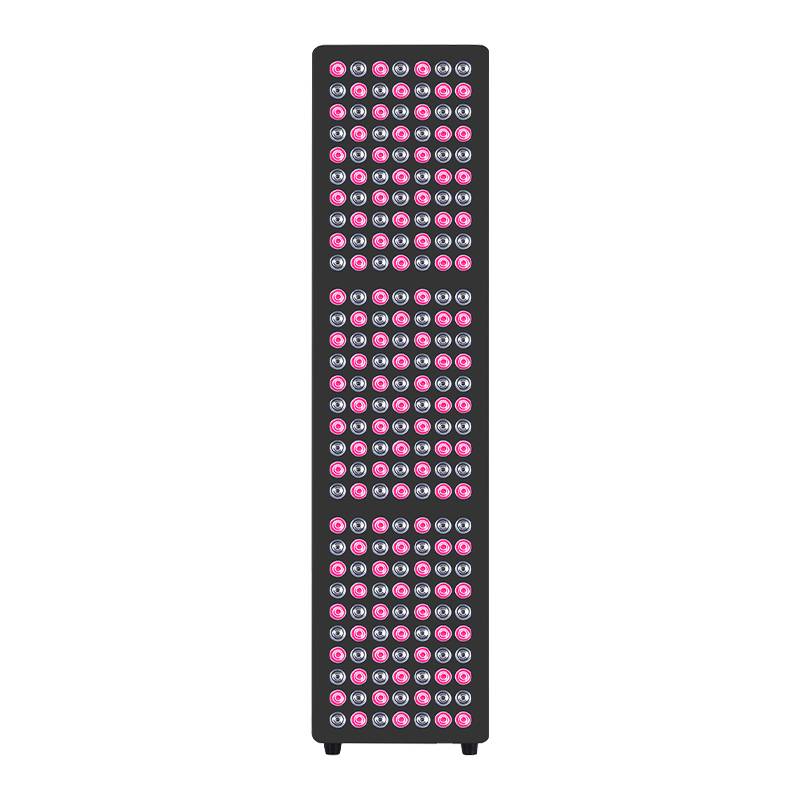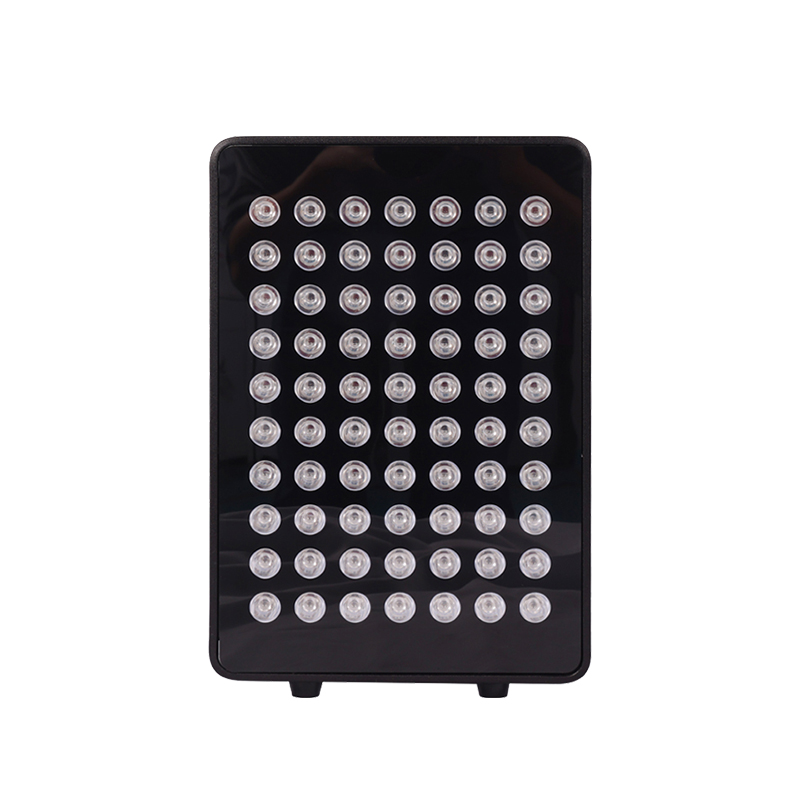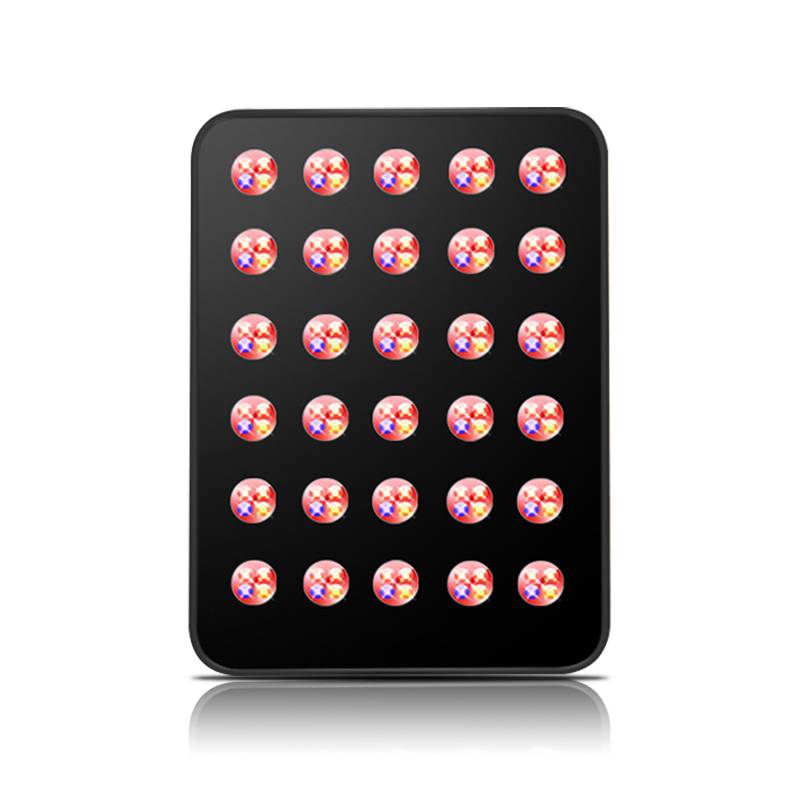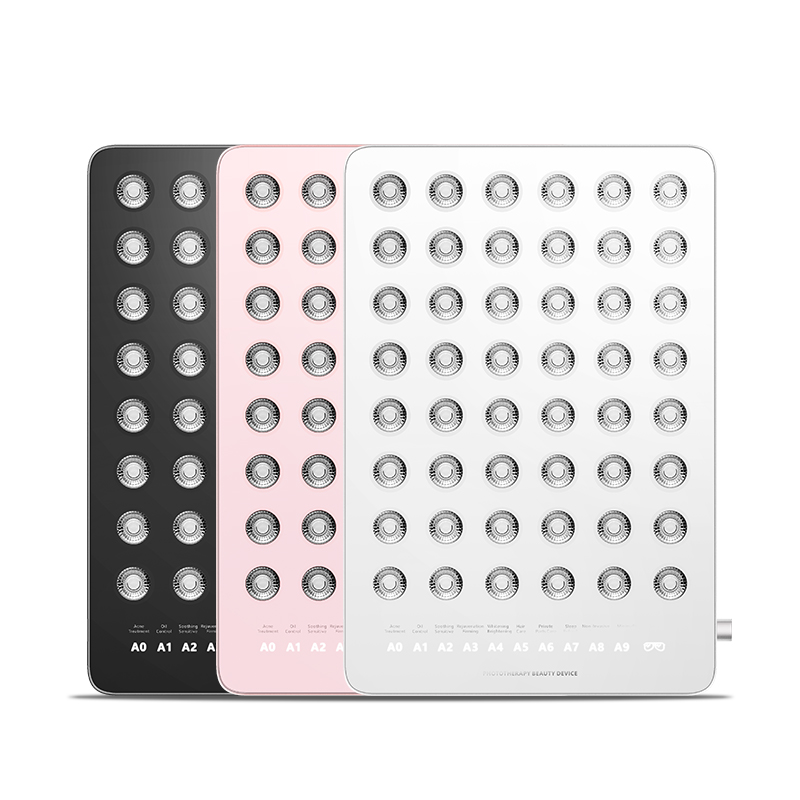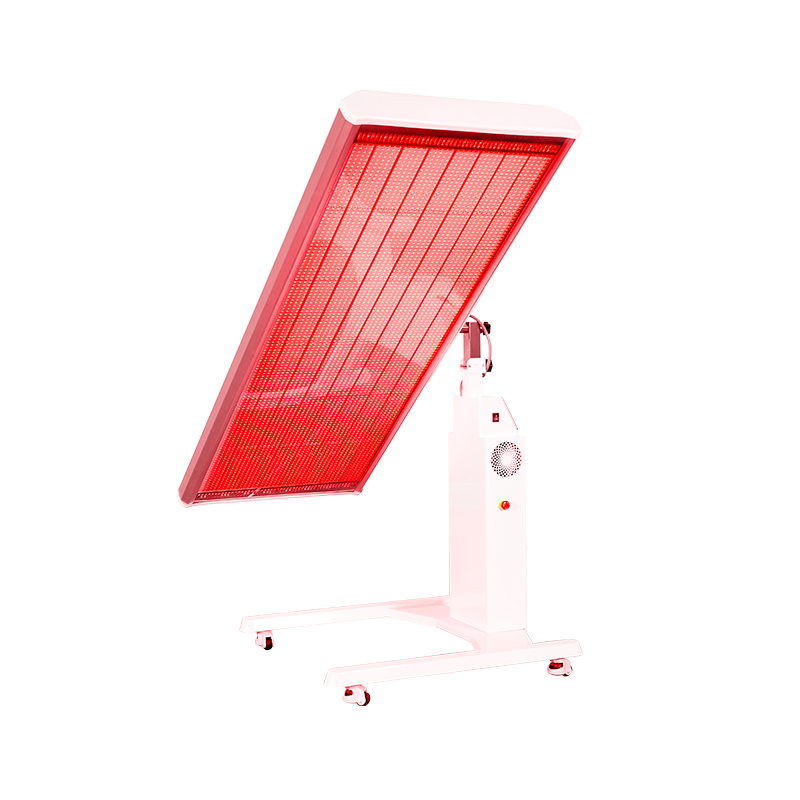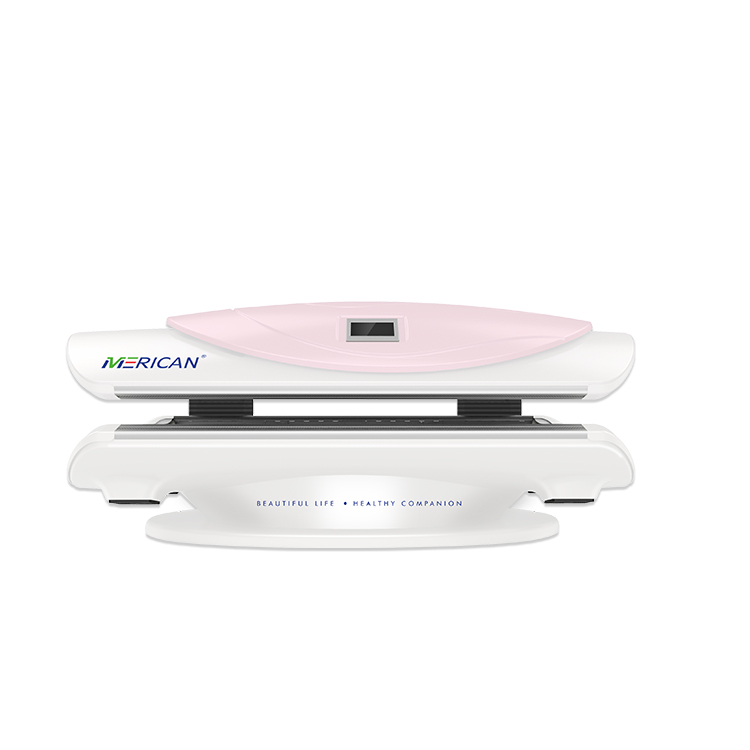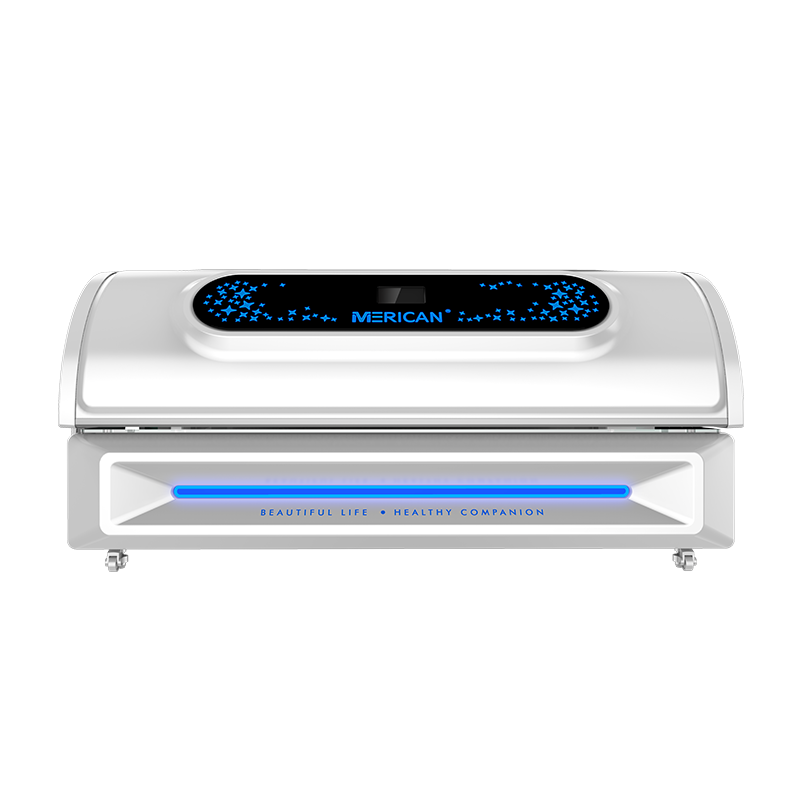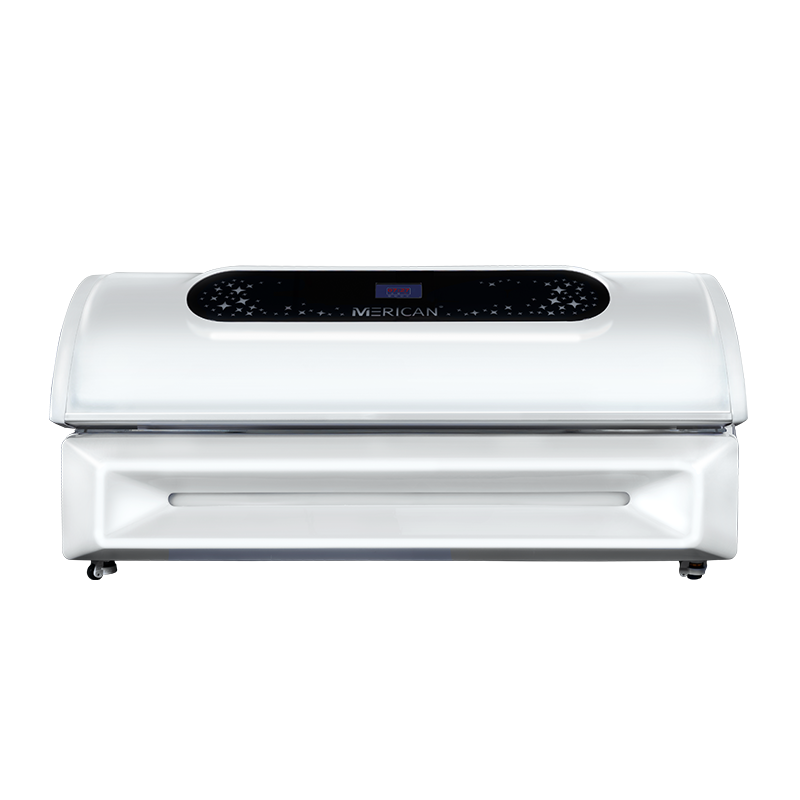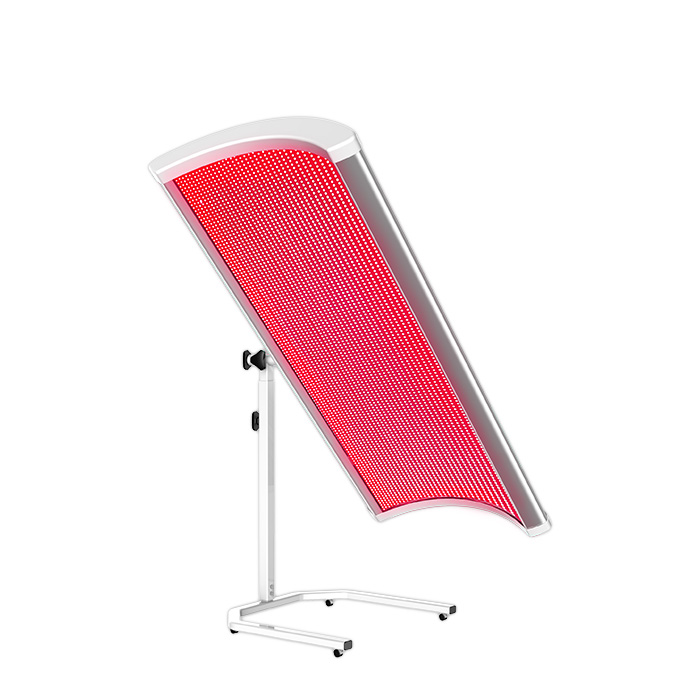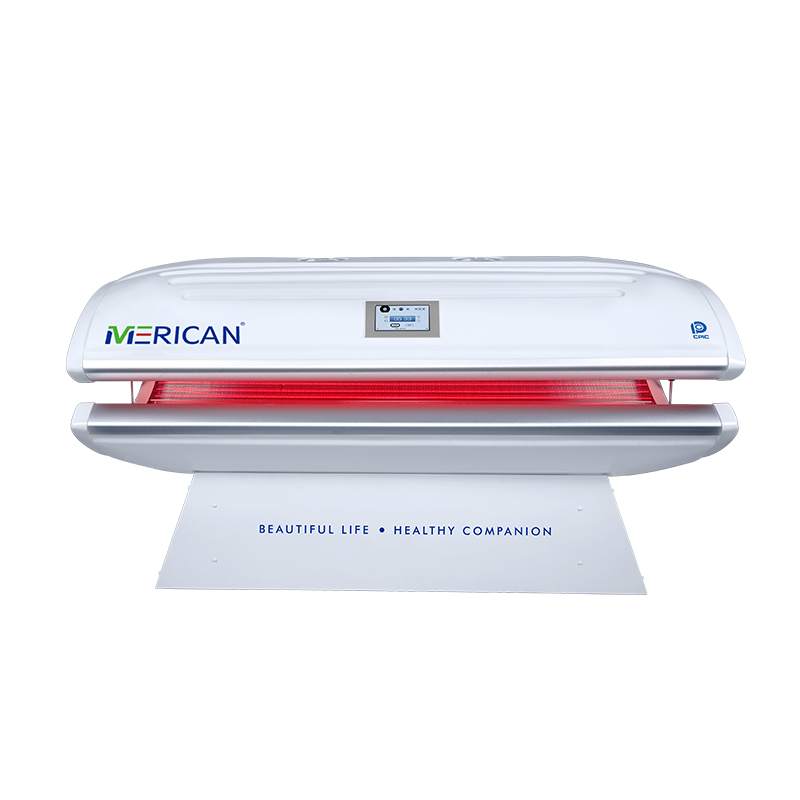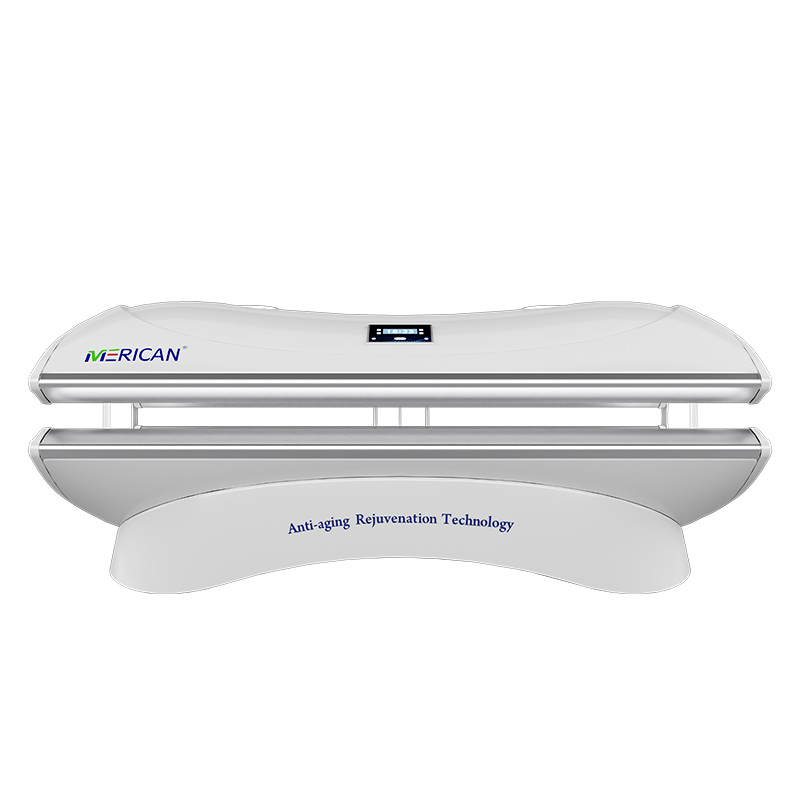La thérapie par la lumière rouge fait le buzz dans le monde du bien-être, et pour cause. C'est comme un code de triche pour une meilleure peau, soulagement de la douleur, Et le bien-être général. Mais voici le piège: optez-vous pour une thérapie ciblée par lumière rouge ou investissez-vous dans un lit de thérapie par lumière rouge pour tout le corps? Chaque option a ses avantages et ses bizarreries uniques, alors entrons dans les détails et découvrons ce qui vous convient le mieux.
Qu'est-ce que la thérapie ciblée par la lumière rouge?
La thérapie ciblée par la lumière rouge est exactement ce à quoi elle ressemble : elle se concentre sur des zones spécifiques de votre corps.. J'ai une articulation raide? Une plaque d'acné? C’est là que la thérapie ciblée brille, littéralement. Utiliser petit, appareils portables, vous pouvez diffuser une lumière rouge ou proche infrarouge sur les points chauds sans surtraiter le reste de votre corps.
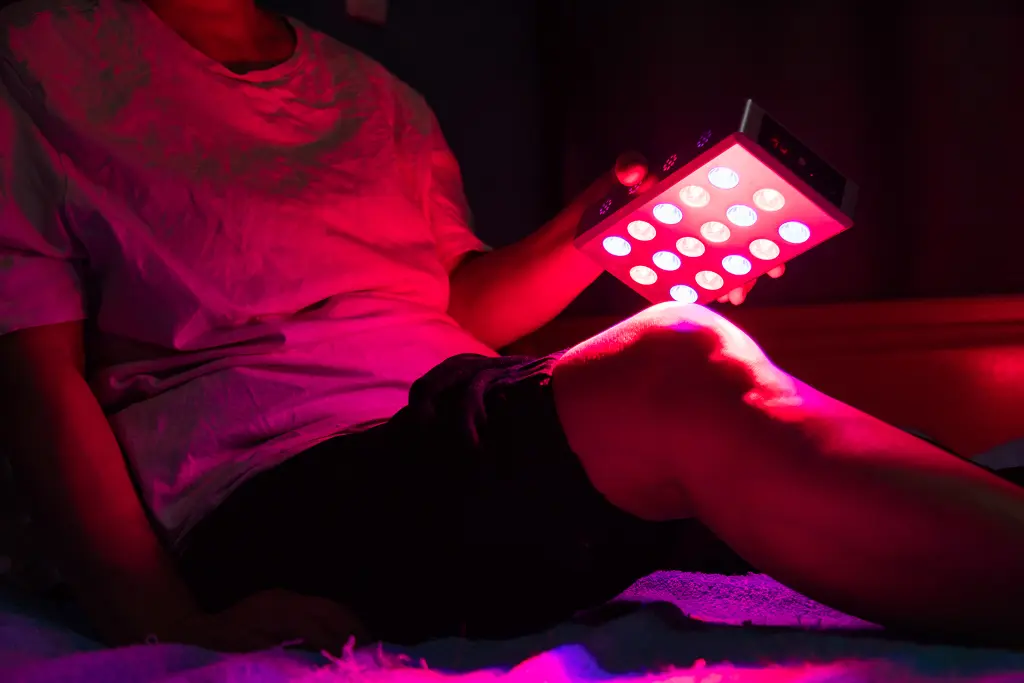
Cas d'utilisation courants de la thérapie ciblée
La thérapie ciblée est idéale pour résoudre des problèmes localisés. Voici où c'est le plus utile:
- Soulagement des douleurs articulaires: Pensez aux genoux endoloris, coudes douloureux, ou épaules raides.
- Problèmes de peau: Cicatrices d'acné, rides, ou dommages causés par le soleil.
- Perte de cheveux: Favoriser la croissance dans les zones d’éclaircie.
Principaux avantages de la thérapie ciblée
Cette approche est pratique et efficace.
- Traitement de précision: Concentrez toute l’énergie là où elle est le plus nécessaire.
- Rentable: Évitez le prix de un panneau de thérapie par la lumière rouge pour tout le corps.
- Portable: Ces appareils sont généralement compacts et faciles à utiliser.
Inconvénients de la thérapie ciblée
Aucune solution n'est parfaite. Voici ce que vous n'aimerez peut-être pas:
- Couverture limitée: Traiter un endroit à la fois signifie que des problèmes plus importants pourraient prendre des années.
- Peu pratique pour les problèmes répandus: Si plusieurs domaines nécessitent une attention particulière, vous passerez beaucoup de temps à déplacer l'appareil.
Qu'est-ce que la thérapie par la lumière rouge pour tout le corps?
La thérapie corporelle complète adopte l’approche opposée : elle couvre tout, de la tête aux pieds. Vous utiliserez généralement lits de thérapie par la lumière rouge pour tout le corps ou panneaux, qui vous plonge dans la lumière curative pour une expérience complète. C'est l'option incontournable pour les personnes recherchant un rajeunissement global..
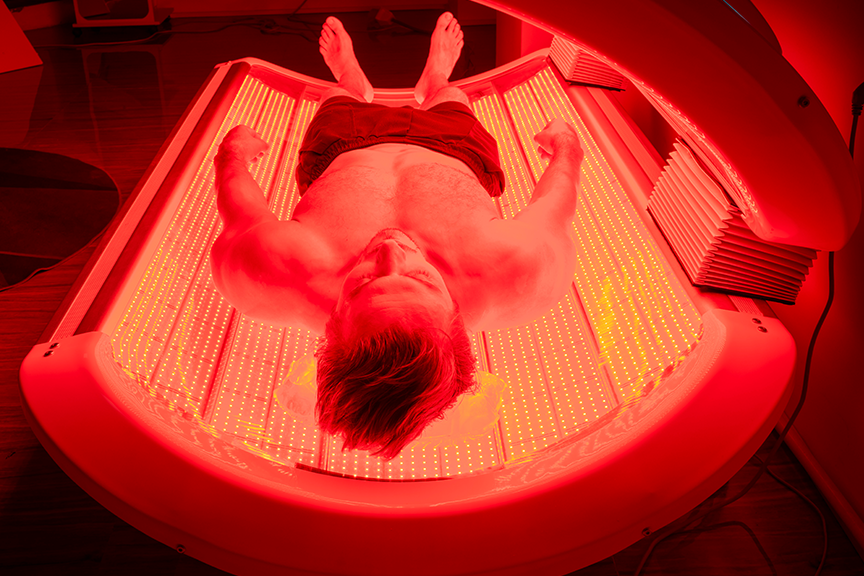
Cas d'utilisation courants de la thérapie corporelle complète
Ce n'est pas réservé aux amateurs de spa. Les avantages de la thérapie corporelle complète comprennent:
- Santé de la peau: Lisse, une peau éclatante partout.
- Stimuler la circulation: Améliorer la circulation sanguine pour améliorer l’énergie et la récupération.
- Performance athlétique: Accélérer la récupération musculaire après l'entraînement.
Principaux avantages de la thérapie corporelle complète
Pourquoi faire tapis? Comptons les chemins:
- Couverture complète: Traitez tout votre corps en une seule séance.
- Gain de temps: Sautez plusieurs sessions et faites-le en une seule fois.
- Détente améliorée: S'allonger dans un lit de thérapie par la lumière rouge pour tout le corps ressemble à une journée au spa.
Inconvénients de la thérapie corporelle complète
Mais il y a des compromis:
- Coût plus élevé: Les lits ou panneaux de thérapie par lumière rouge pour tout le corps ne sont pas bon marché.
- Exigences d'espace: Ces configurations ne sont pas vraiment compactes.
Principales différences entre la thérapie ciblée et la thérapie corporelle complète
| Aspect | Thérapie ciblée par la lumière rouge | Thérapie à la lumière rouge pour tout le corps |
| Zone de couverture | Régions spécifiques | Corps entier |
| Coût de l'équipement | Inférieur | Plus haut |
| Temps de traitement | Plus long | Plus court |
| Idéal pour | Problèmes localisés | Bien-être général |
Zone de traitement
La distinction la plus évidente entre la thérapie par la lumière rouge ciblée et la thérapie par la lumière rouge sur tout le corps réside dans la zone de traitement.. La thérapie ciblée se concentre sur un, région localisée du corps. Qu'il s'agisse d'une articulation douloureuse, une cicatrice, ou une zone de peau enflammée, des appareils ciblés vous permettent de localiser exactement où l'énergie lumineuse est appliquée. Cette précision garantit que la zone affectée reçoit une attention concentrée, ce qui peut être particulièrement bénéfique pour des conditions comme l’arthrite, cicatrices d'acné, voire une blessure spécifique.
D'autre part, La thérapie par la lumière rouge sur tout le corps est globale. Utiliser de grands panneaux ou des lits de thérapie par la lumière rouge pour tout le corps, cette approche plonge tout votre corps dans une lumière thérapeutique. Peu importe si l’inconfort ou le besoin de guérison est isolé à une seule zone : la thérapie corporelle complète couvre chaque centimètre de votre corps en une seule séance.. Cela en fait l’option idéale pour les personnes recherchant des avantages complets, comme une meilleure circulation, récupération améliorée, ou un boost de bien-être global.
Considérations relatives aux coûts
Appareils ciblés, souvent petit et portable, sont un choix plus économique. Ils offrent un point d'entrée rentable pour toute personne curieuse de thérapie par la lumière rouge ou cherchant à traiter un seul problème sans se ruiner.. Ces appareils sont parfaits si vous vous lancez dans le monde de la luminothérapie..
En revanche, les systèmes de thérapie corporelle complète représentent un engagement financier plus important. Les produits tels que les panneaux ou les lits de thérapie par la lumière rouge pour tout le corps sont souvent vendus à un prix plus élevé., mais pour une bonne raison : ils offrent une commodité inégalée et une couverture complète. Pour ceux qui apprécient l'efficacité, surtout lorsque l’on s’attaque à plusieurs objectifs de bien-être, l'investissement peut en valoir la peine. Cependant, si les contraintes budgétaires sont un facteur majeur, commencer par un appareil ciblé pourrait être l’approche la plus pratique.
Temps de traitement
Le temps est un autre facteur clé qui distingue ces deux méthodes. Avec une thérapie ciblée, vous devrez consacrer un temps spécifique à chaque zone à traiter. Bien que cette approche ciblée soit excellente pour la précision, cela peut prendre du temps si vous avez plusieurs domaines de préoccupation. Par exemple, soigner un genou douloureux, une épaule problématique, et une plaque d'acné peut nécessiter trois séances distinctes ou des périodes de traitement prolongées.
Le avantage clé des lits ou panneaux de thérapie par la lumière rouge c'est gagner du temps en s'adressant à l'ensemble du corps d'un seul coup. Que vous soyez allongé dans un lit de thérapie par lumière rouge pour tout le corps ou que vous soyez debout devant un panneau, votre exposition de la tête aux pieds à la lumière rouge et proche infrarouge résout simultanément tous les problèmes potentiels. Pour les personnes ayant des horaires chargés ou celles qui cherchent à optimiser leur temps, cette approche unique est un énorme plus.
Adéquation à des conditions spécifiques
Le choix entre une thérapie ciblée et une thérapie corporelle complète dépend également fortement de vos besoins spécifiques en matière de santé ou de bien-être.. Si vous faites face à des problèmes localisés, comme une articulation enflammée, une petite blessure, ou un problème de soin de la peau spécifique : la thérapie ciblée est la gagnante évidente. Cela vous permet de cibler le problème exact et d’éviter toute exposition inutile à d’autres parties de votre corps.. Cette méthode ciblée est également utile pour des conditions telles que la perte de cheveux., où la zone de traitement est naturellement limitée.
Cependant, si votre objectif est plus large, comme améliorer les niveaux d'énergie globaux, réduire la fatigue musculaire après l'entraînement, ou obtenir une peau éclatante de la tête aux pieds : la thérapie par la lumière rouge sur tout le corps est le meilleur choix. Il offre des avantages complets, veiller à ce qu’aucune partie de votre corps ne soit laissée sans traitement. Athlètes, passionnés de bien-être, et ceux qui se remettent de problèmes corporels comme la fatigue chronique se tournent souvent vers cette option pour ses avantages holistiques..
Comment choisir la bonne option pour vous?
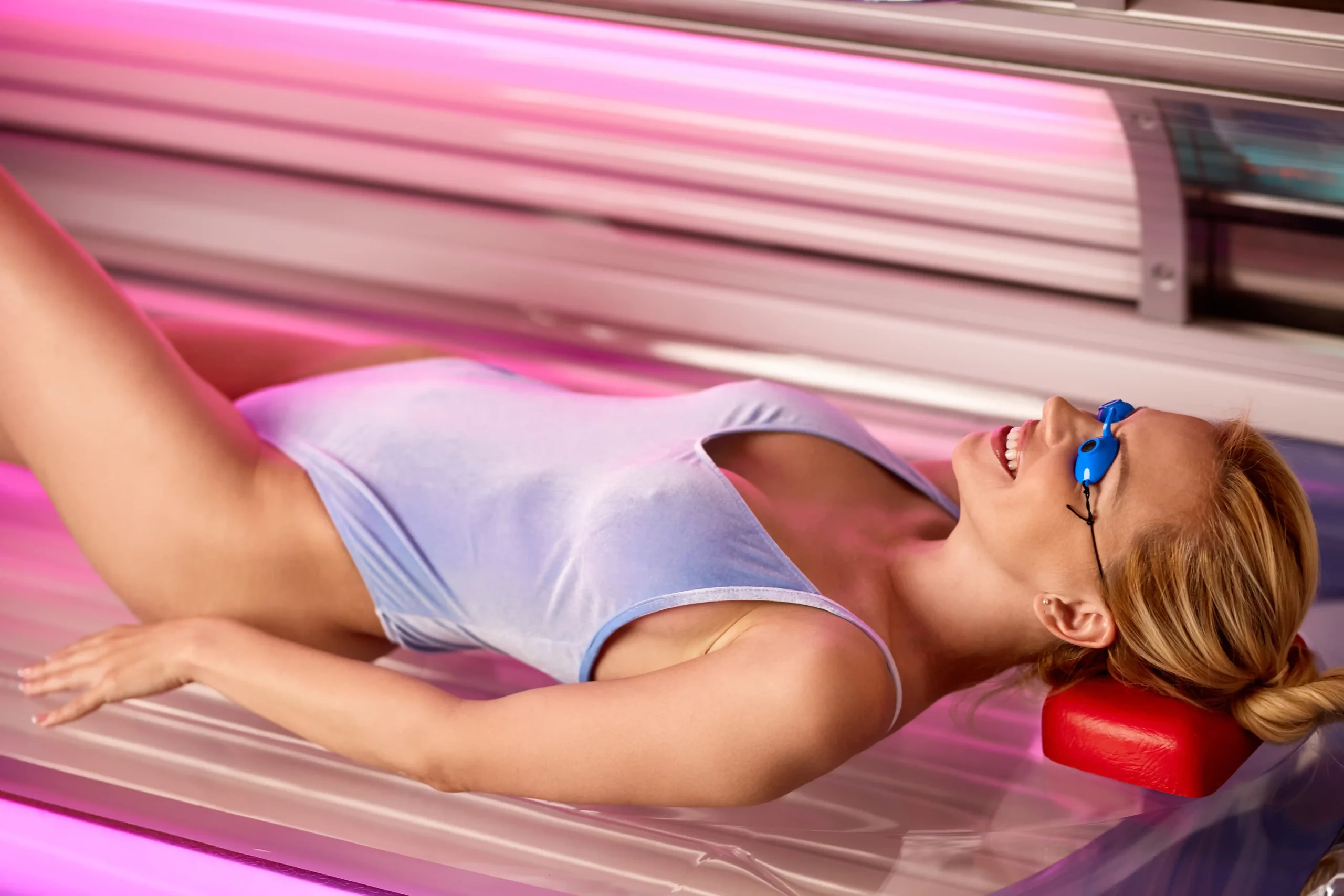
Évaluer vos besoins
La première étape pour décider entre une thérapie par la lumière rouge ciblée ou complète du corps est d'examiner de près vos besoins et vos objectifs spécifiques.. Essayez-vous de résoudre un problème particulier, comme une douleur au genou ou une cicatrice d'acné persistante? Le cas échéant, une thérapie ciblée est probablement votre meilleur choix. Son approche axée sur la précision est idéale pour résoudre efficacement des problèmes isolés..
Cependant, si vous recherchez des bienfaits globaux en matière de bien-être, comme un meilleur sommeil, énergie améliorée, ou récupération de la fatigue de tout le corps : un panneau ou un lit de thérapie par lumière rouge pour tout le corps vaut la peine d'être envisagé.. Pensez à vos priorités et à la manière dont chaque méthode s'y conforme.
Considérations budgétaires
Le budget joue souvent un rôle important dans le processus décisionnel. Si vous recherchez une option plus abordable, les appareils ciblés sont généralement la voie à suivre. Ils sont moins chers et vous permettent de profiter des avantages de la thérapie par la lumière rouge sans un investissement initial substantiel..
D'autre part, tandis que les systèmes complets du corps, tels que les lits ou les panneaux de thérapie par la lumière rouge pour tout le corps, ont un coût plus élevé., ils offrent également une commodité inégalée et des résultats complets. Si votre budget le permet, investir dans une configuration complète du corps peut vous faire gagner du temps et offrir des avantages plus étendus à long terme.
Disponibilité de l'espace
L'espace est un autre facteur important à considérer. Si vous vivez dans un petit appartement ou si votre espace est limité, un appareil ciblé compact est beaucoup plus facile à stocker et à utiliser. Beaucoup de ces appareils sont de taille portable ou de table., ce qui les rend parfaits pour les espaces restreints.
Cependant, si vous avez de l'espace, qu'il s'agisse d'une pièce libre, salle de gym à domicile, ou un coin bien-être dédié : un lit ou un panneau de thérapie par la lumière rouge pour tout le corps pourrait être la solution idéale.. Ces configurations nécessitent souvent plus d'espace, mais ils transforment votre espace en une retraite de bien-être haut de gamme.
Conclusion
Thérapie par la lumière rouge, sous quelque forme que ce soit, est un outil incroyable pour une meilleure santé et un meilleur bien-être. En pesant soigneusement vos besoins, budget, et l'espace disponible, vous serez en mesure de déterminer quelle méthode de thérapie par la lumière rouge vous convient le mieux. La bonne nouvelle? Les deux options font des merveilles. Choisissez simplement celui qui correspond à vos objectifs et commencez à en récolter les bénéfices..
Foire aux questions
1. Une méthode est-elle plus efficace que l’autre?
Cela dépend de vos objectifs. La thérapie ciblée est idéale pour des problèmes spécifiques, tandis que la thérapie corporelle complète offre des avantages plus larges.
2. Puis-je combiner une thérapie ciblée et une thérapie corporelle complète?
Absolument! De nombreuses personnes utilisent les deux méthodes pour maximiser les résultats.
3. À quelle fréquence dois-je suivre une thérapie par la lumière rouge?
Cela varie. La plupart des utilisateurs voient des résultats avec 2 à 5 séances par semaine.
4. Y a-t-il des effets secondaires?
La luminothérapie rouge est généralement sûre, mais une utilisation excessive peut entraîner une légère irritation ou une rougeur.
5. Que dois-je rechercher dans les appareils de thérapie par la lumière rouge?
Vérifier la longueur d'onde (entre 630 et 850 nm), taille de l'appareil, et puissance de sortie pour des résultats optimaux.

